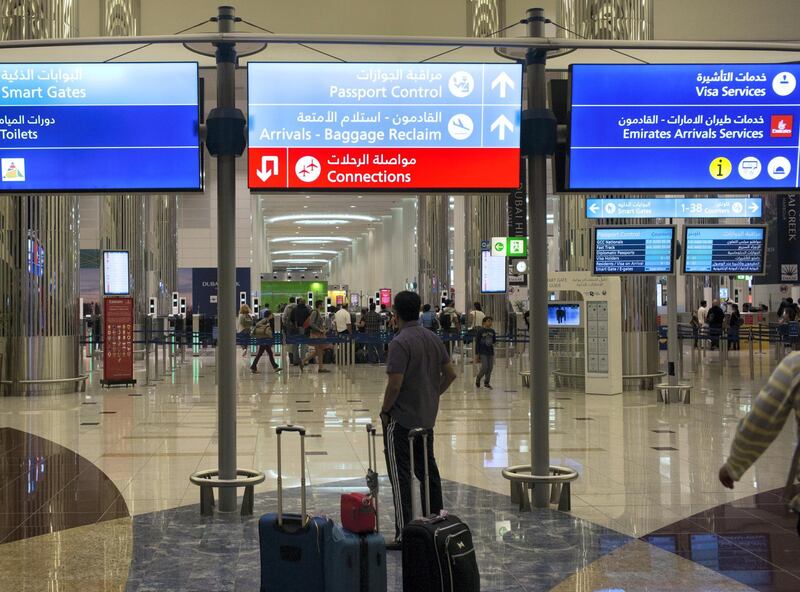Prospective UAE residents are preparing for a change of procedure next month. As of February 4, those seeking a work visa in this country will require a certificate of good conduct from the police or government in their home country or their country of residence for the last five years. Much like a marriage or birth certificate, this document will then be attested by the UAE authorities. If effective, it will block those with criminal convictions or with a warrant out for their arrest from residing in the UAE, regardless of education or salary. It will also deter those with criminal histories from applying for posts in this country.
The new rule is the result of a cabinet resolution which identified the UAE’s national security as the motivating factor. And given that 90 per cent of the UAE’s work force is derived from abroad, the intent underpinning the plan is very welcome. Similar certificates are already a requirement for visa applicants in Canada, Belgium and Australia.
The new rule follows the high profile execution in November of Jordanian child killer Nedal Issa Abdullah who, it emerged, was wanted in his home country. Effective checks could have stopped him at the border. And with the scourge of terrorism still blighting the world, the importance of national security cannot be overstated.
Necessity aside, implementing such a system could prove arduous. If time consuming and costly, the certificate could deter skilled workers from seeking opportunities in this country in the first place. Moreover, tourists and dependents of the country’s growing work force – equally likely to commit crimes in the UAE – will not require equivalent checks.
The fundamental issue, though, is enforcement. In some countries, crime information is scattered across different levels of government, from local to national. Some countries lack a crime database entirely, making such certificates futile. Endemic corruption in other territories would leave the system wide open to abuse. In war-torn nations, the relevant state institutions on which this plan would depend might have largely broken down, effectively locking many potentially skilled workers out of our employment system.
Naturally, a system of checks to ward off habitual criminals is welcome. But given the varying accessibility and quality of crime information in different countries, and the specificities in each, the onus is on the UAE authorities to ensure checks are effective and not an impediment. In the interim, for the sake of security, the plan is timely, and the sentiment appreciated.





